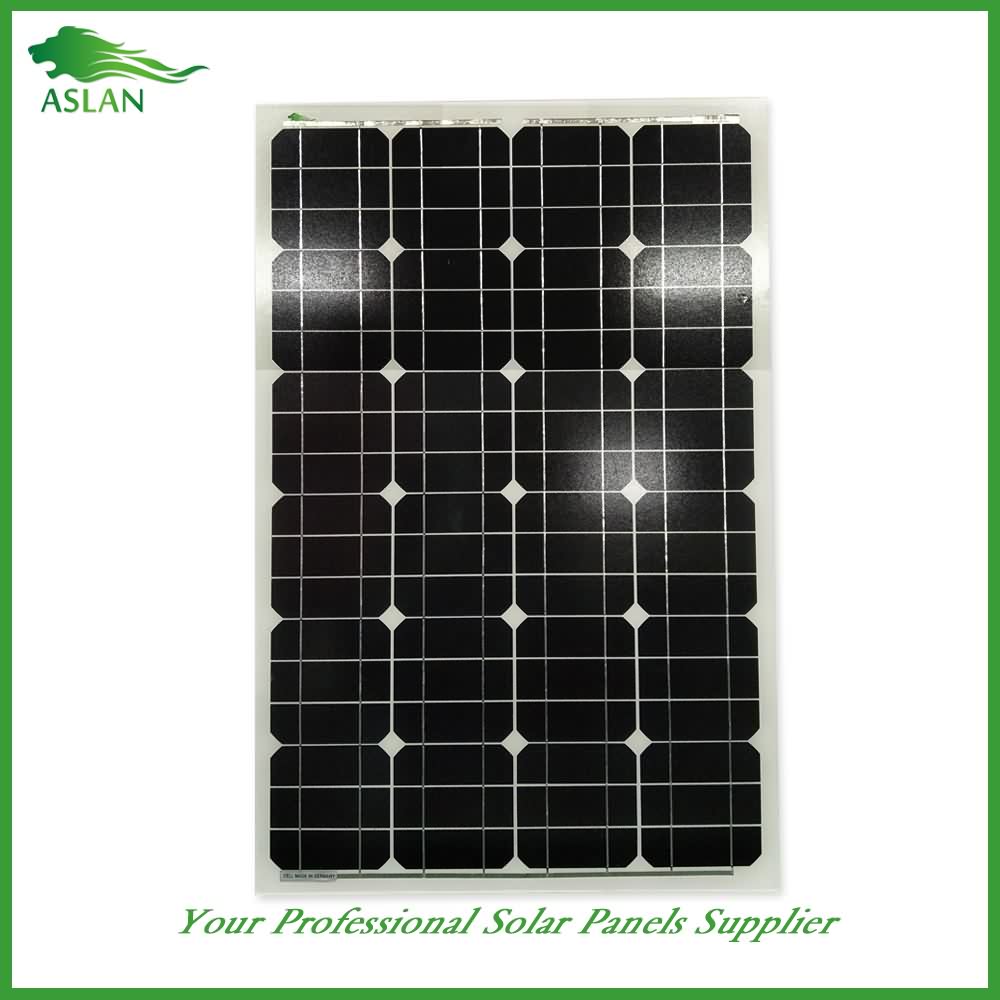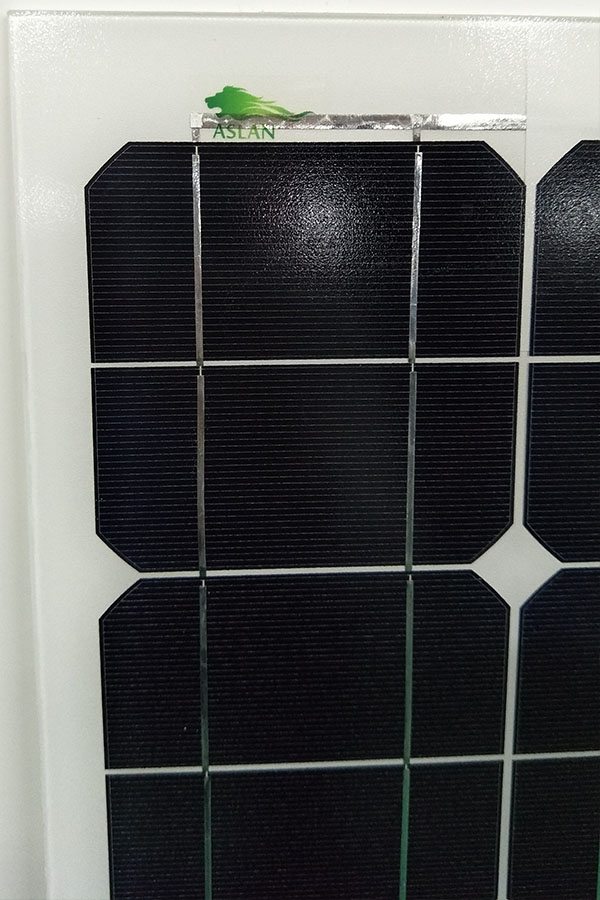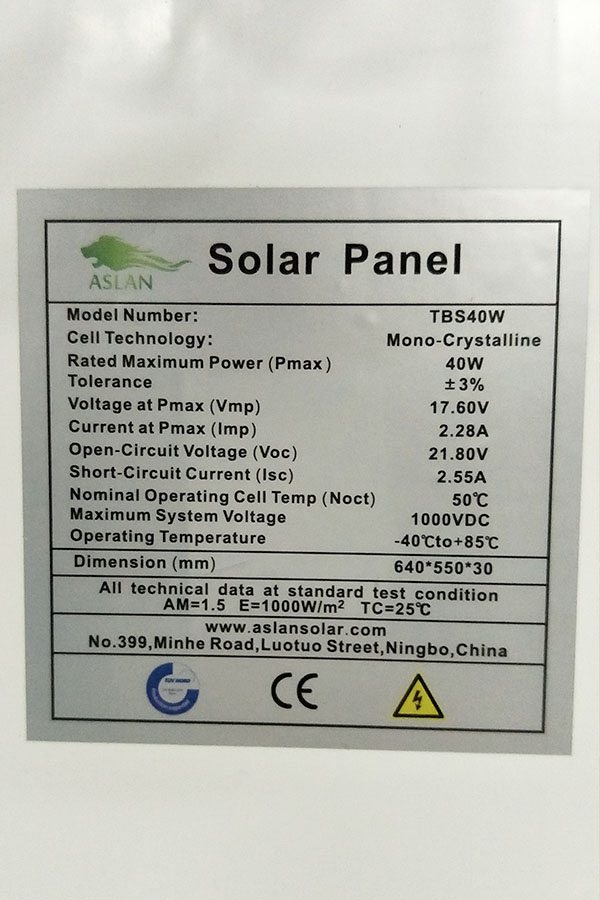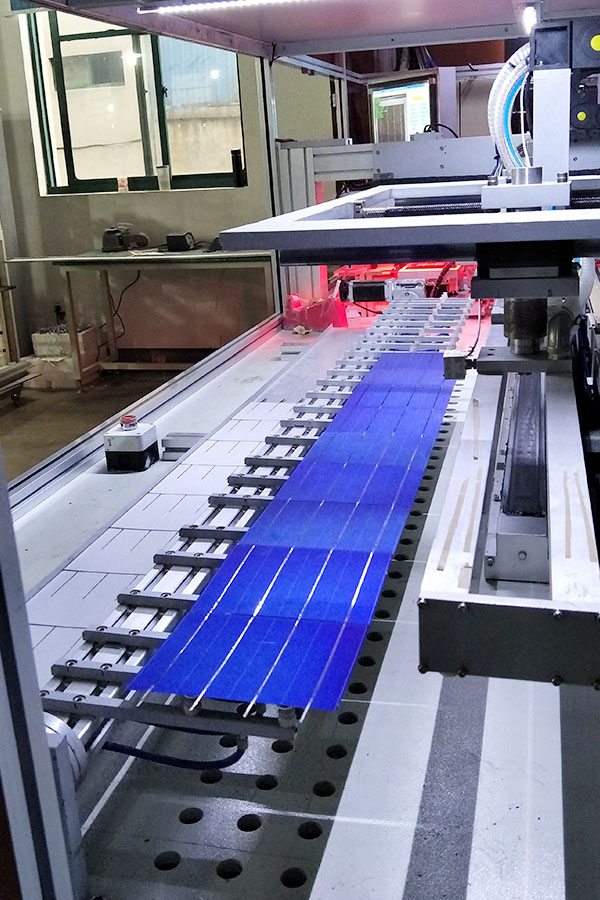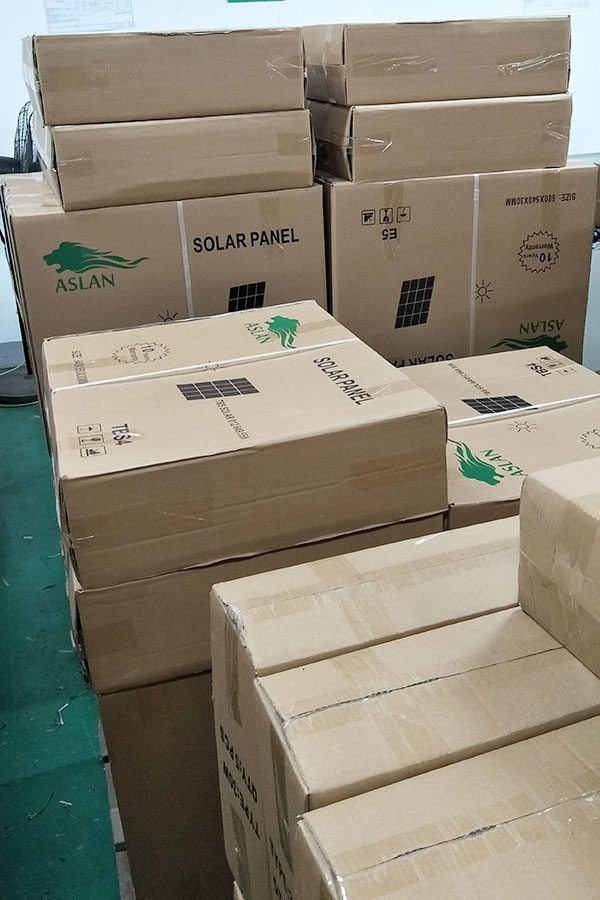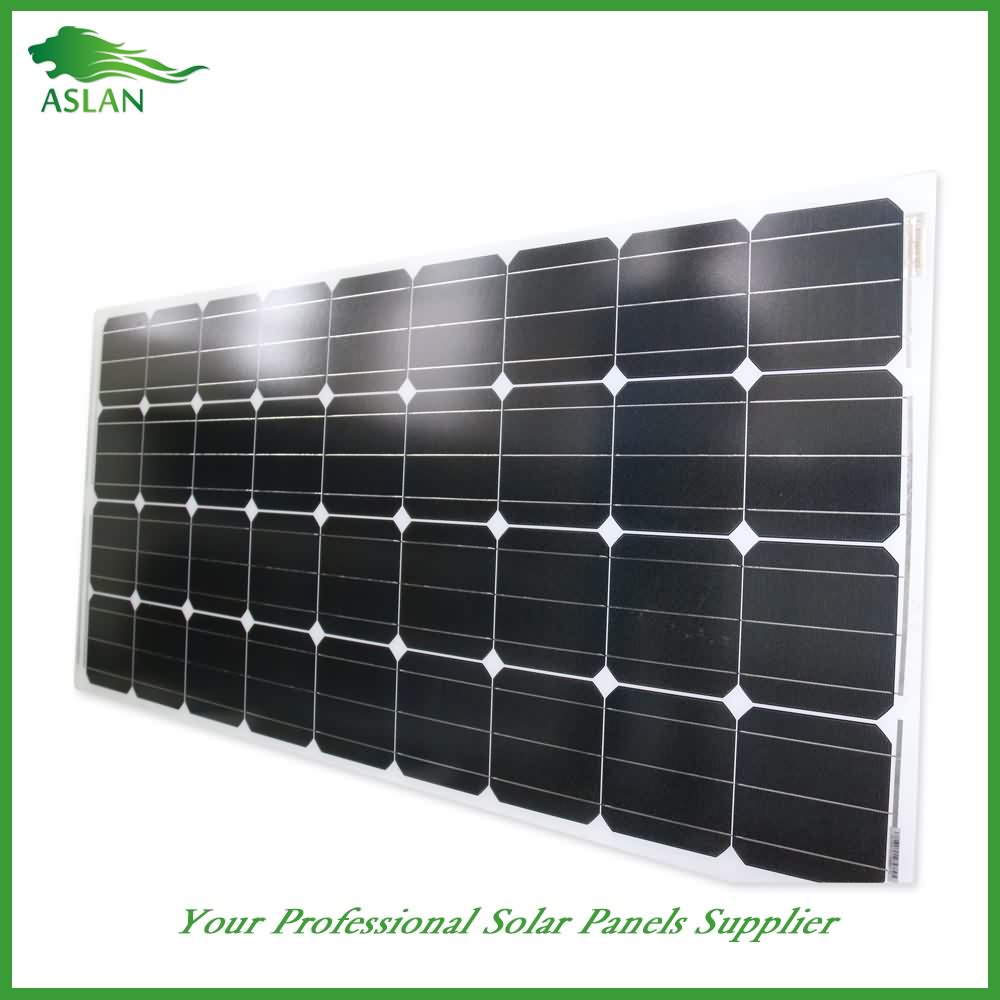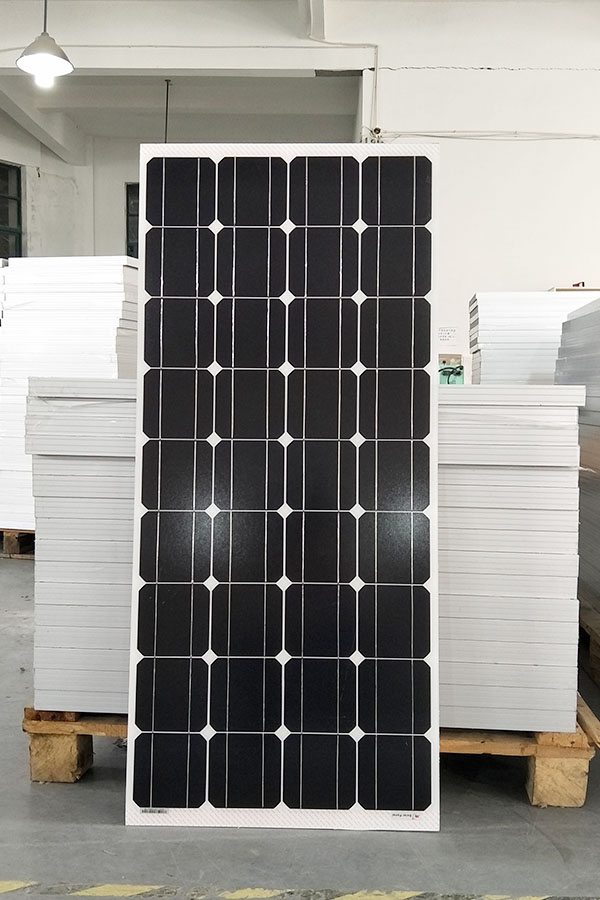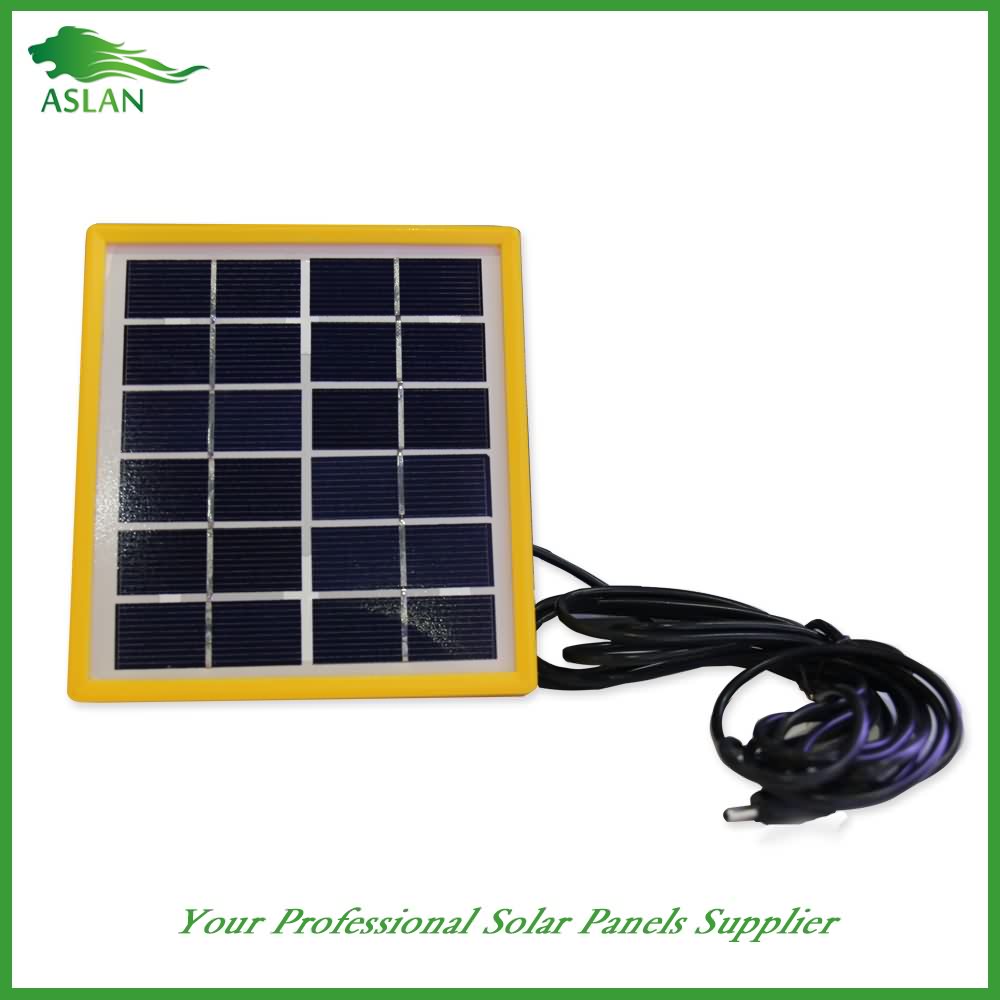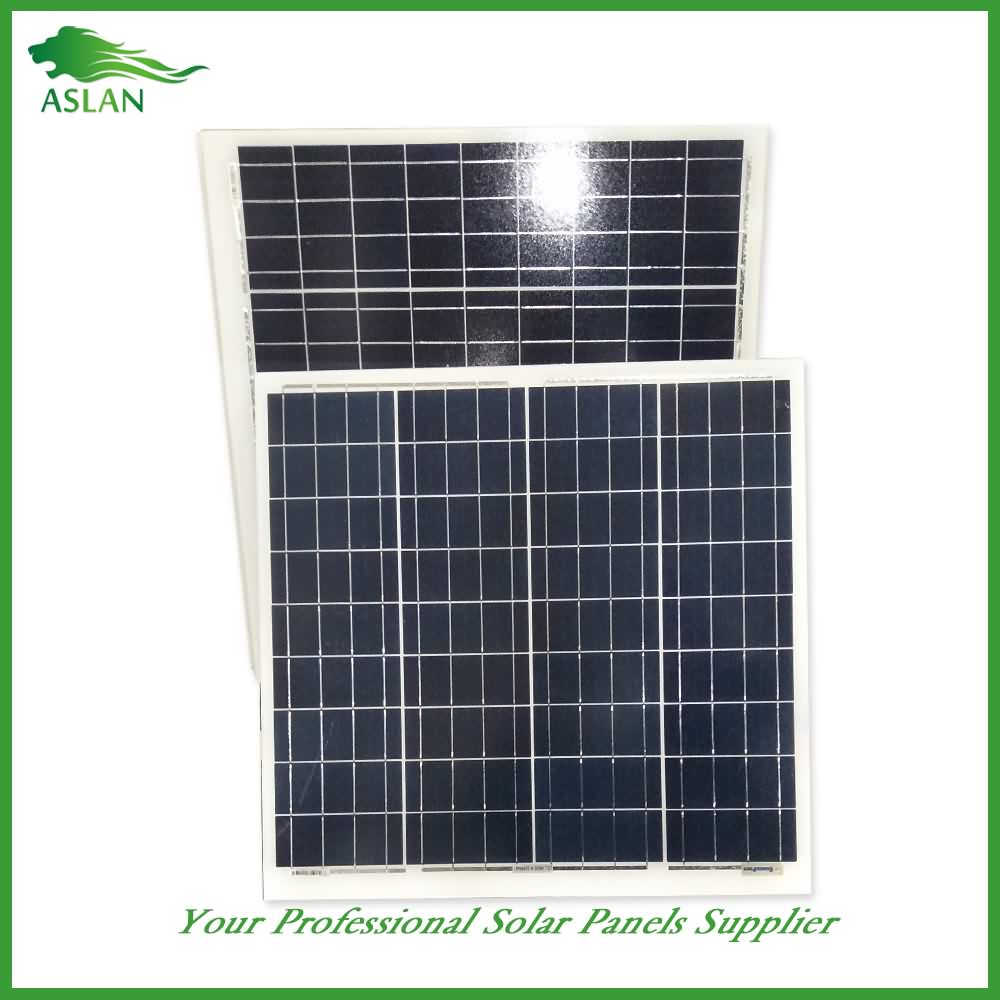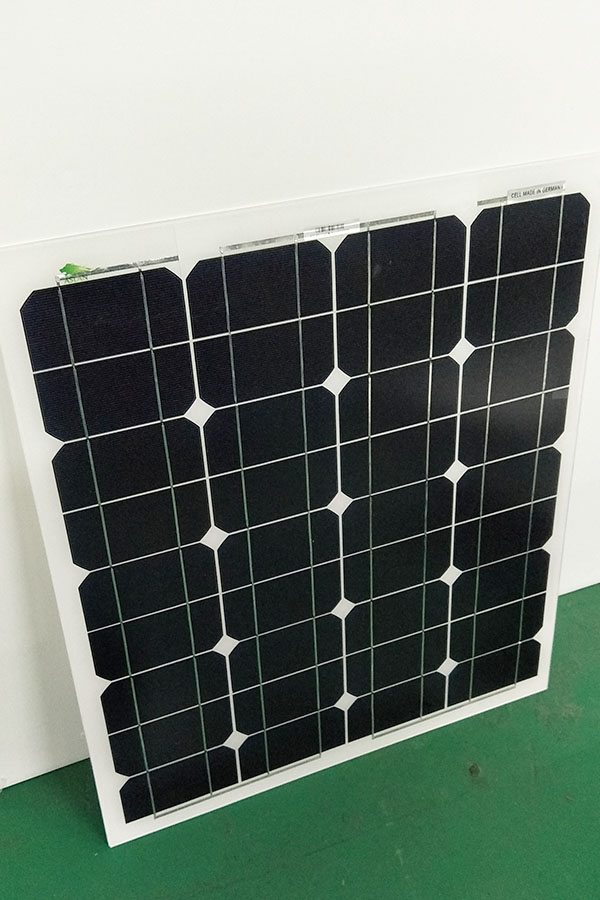15 Years Manufacturer Mono-Crystalline 60W Solar Panel for Nepal Factories
Short Description:
To meet the customers' over-expected satisfaction , we have our strong team to provide our best overall service which includes marketing, sales, designing, production, quality controlling, packing, warehousing and logistics for 15 Years Manufacturer Mono-Crystalline 60W Solar Panel for Nepal Factories, "Create Values,Serving Customer!" is the aim we pursue. We sincerely hope that all customers will establish long term and mutually beneficial cooperation with us.If you wish to get more details about our company, Please contact with us now
Mono-Crystalline 60W Solar Panel
Technical parameter
Maximum Power(W) 60W
Optimum Power Voltage(Vmp) 18.46V
Optimum Operating Current(Imp) 3.25A
Open Circuit Voltage(Voc) 22.51V
Short Circuit Current(Isc) 3.57A
Mechanical Characteristics
Cell Type Mono-crystalline 125 x 83mm
No of Cell 36 (4x9pcs)
Dimensions 821x554x35mm
Weight 5.0Kg
Front Glass 3.5mm,High Transmission, Low Iron,Tempered Glass
Junction box IP65 Rated
Output Cable TUV 1×4.0mm2/UL12AWG,Length:900mm
Temperature and Coefficients
Operating Temperature(°C): -40°C ~ + 85°C
Maximum System Voltage: 600V(UL)/1000V(IEC) DC
Maximum Rated Current Series: 15A
Temperature Coefficients of Pmax: -0.47%
Temperature Coefficients of Voc: -0.389%
Temperature Coefficients of Isc: 0.057%
Nominal Operationg Cell Temperature (NOCT): 47+/-2°C
Materials of solar panel
1).Solar Cell——Mono-crystalline solar cell 125*83mm
2).Front Glass——-3.2mm, high transmission, low iron, tempered glass
3).EVA——-excellent anti-aging EVA
4).TPT——-TPT hot seal made of flame resistance
5).Frame——anodized aluminum profile
6).Junction Box——-IP65 rated, high quality, with diode protection
Superiority: high quality anodized aluminum frame, high efficiency long life, easy installation, strong wind resistance, strong hail resistance.
Features
1. High cell efficiency with quality silicon materials for long term output stability
2. Strictly quality control ensure the stability and reliability, totally 23 QC procedures
3. High transmittance low iron tempered glass with enhanced stiffness and impact resistance
4. Both Poly-crystalline and Mono-crystalline
5. Excellent performance in harsh weather
6. Outstanding electrical performance under high temperature and low irradiance
Quality assurance testing
Thermal cycling test
Thermal shock test
Thermal/Freezing and high humidity cycling test
Electrical isolation test
Hail impact test
Mechanical, wind and twist loading test
Salt mist test
Light and water-exposure test
Moist carbon dioxide/sulphur dioxide
We have made a selection of themes based on mechatronics, are notes to basic topics are helpful to studies of automation and industrial design.
Waiting will serve
You can find more information on
http://3dbyou.blogspot.com.es/
Mecatronica,mechatronics,automatizacion industrial,automatitzacion industrial,Mecania,mechanical,electronica,electronics,
October 12, 2014 (Persian calendar 1393/7/20)
Tehran city (شهر تهران)
http://en.wikipedia.org/wiki/Tehran_city
Home owner in Tehran city has equipped his home with Solar panels. He says solar panels installed and start working since March 28, 2014 (Persian calendar 1393/1/8)
All the electric consumers in this home such as Television, Refrigerator, Washer machine, Dish washer, Cooling system, Computer, Lamps, etc. are using solar panels electricity now.
Electric company will pay 27.7 U$D (90’000 Tomans) for 200 KW electricity they sold to company since solar panels installed and working in their home.
It means they could produce 200 KW more than they need within six months, 1.12 KW per day (47 Watts per hour everyday) while an apartment like this in Tehran consuming about 12 KWh per day (500 Watts per hour everyday).
Electric company will pay 1.42 U$D (4’630 Tomans) for every 10 kilo watts to every single home can produce electricity and sell to company.
Currently 7.5 Mega Watts solar panels are installed and working in 1400 locations across Iran.
The real price for solar panels in Iran is 3,077 U$D (10 million Tomans) for every one Kilo Watt per hour you need to install but customers in Iran will pay the half price for solar panels (Government aids), the manager says in video.
If we assume an apartment in Tehran like this, is consuming 350 KW electric energy per month it means:
the real price for solar panels will be 1,540 U$D while Iranian will pay 770 U$D (~ 2’500’000 Tomans) for all their electric consumptions per month.
Current price for Tehran citizens if they consuming 350 KW in their home is 8.6 U$D (28’000 Tomans) per month…!
It’s noteworthy that Natural Gas is widely use all over Iran so Iranian don’t use electric energy for cook and heaters.
So this is still expensive. It means the base price for solar energy (350 KWh per month) in Iran is more than 89 months (7 years, 5 months) the electric bills that Iranian are paying for electric energy now.
Another problem here is if we want to install a complete system for 350 KWh per month we should consider the real consumption. Some hours consumption is too high (peak hours) while some other hours it’s too low (night time for example)
So we should calculate at least for 500 KWh per month (700 Watts per hour everyday) now this solar energy system will work continuously:
24 hours per every single day in the year (365 days) BUT Batteries and Solar panels must be replace in short time (about 3 to 4 years, depends on working time) otherwise they won’t work properly. It means more money for solar energy.
Unfortunately reporter in this video didn’t mention that the price is included the full system or just Solar panels.
Compare with prices in this list:
http://www.wholesalesolar.com/products.folder/systems-folder/OffGridPackages.html
As I see customers in US should pay for ‘Medium Off-grid Home 3′ monthly output 407 KWh (565 Watts per hour everyday) $8,280 (27’000’000 Tomans)
It means the real price for solar panels in US is 14,655 U$D for every one kilo watt per hour you’re going to install.
We should consider these notes (American website) in our calculation as well:
- Monthly Output varies according to day length and quality of light. We have used Array Size X 30 days X 5 hours.
- Prices do not include shipping, racking, batteries, installation or applicable taxes.
